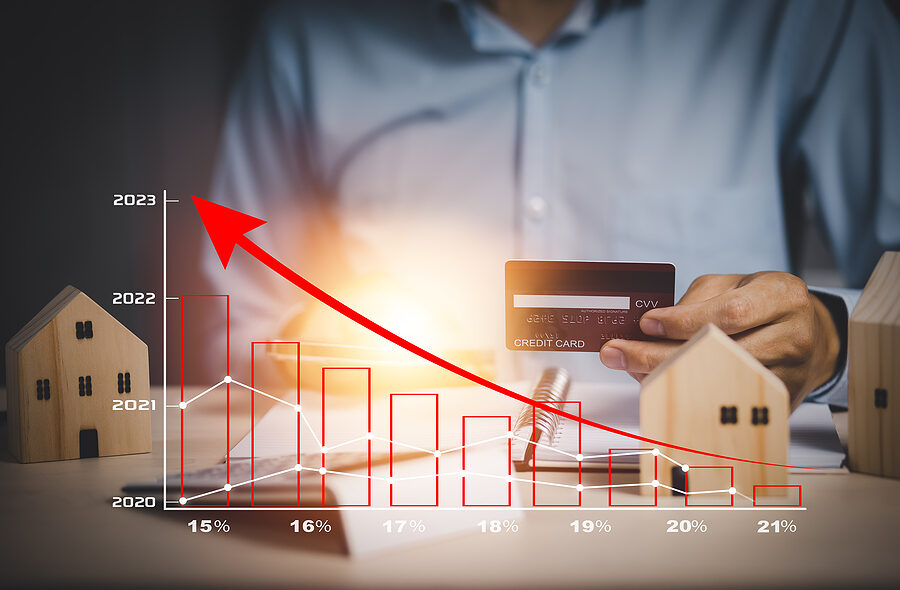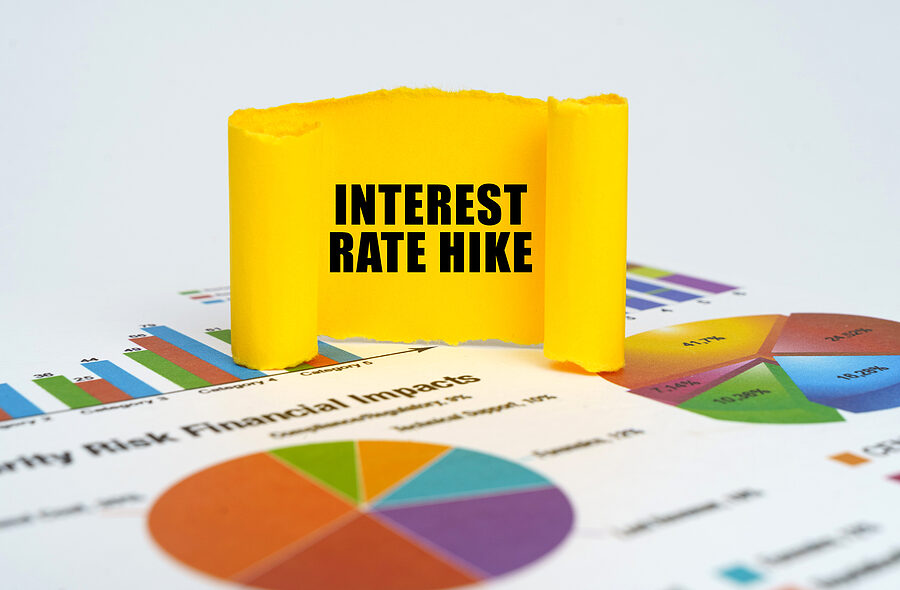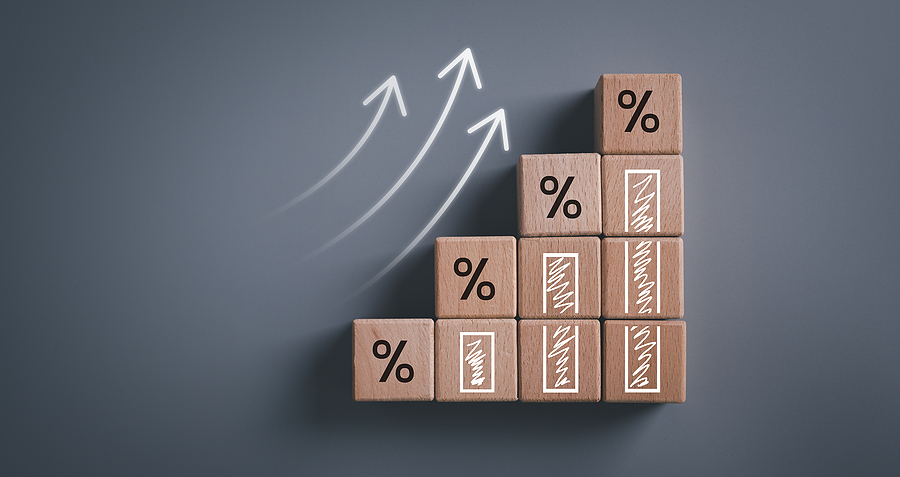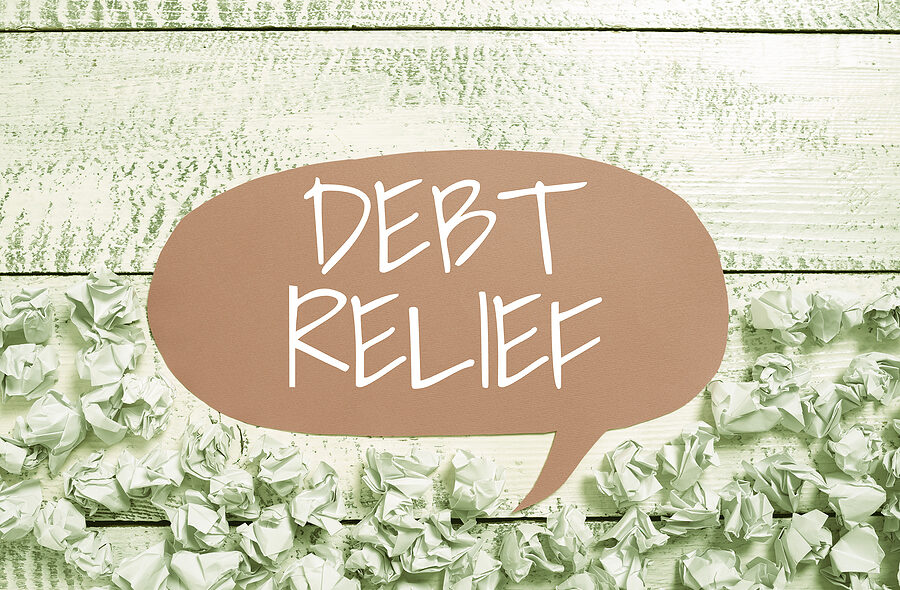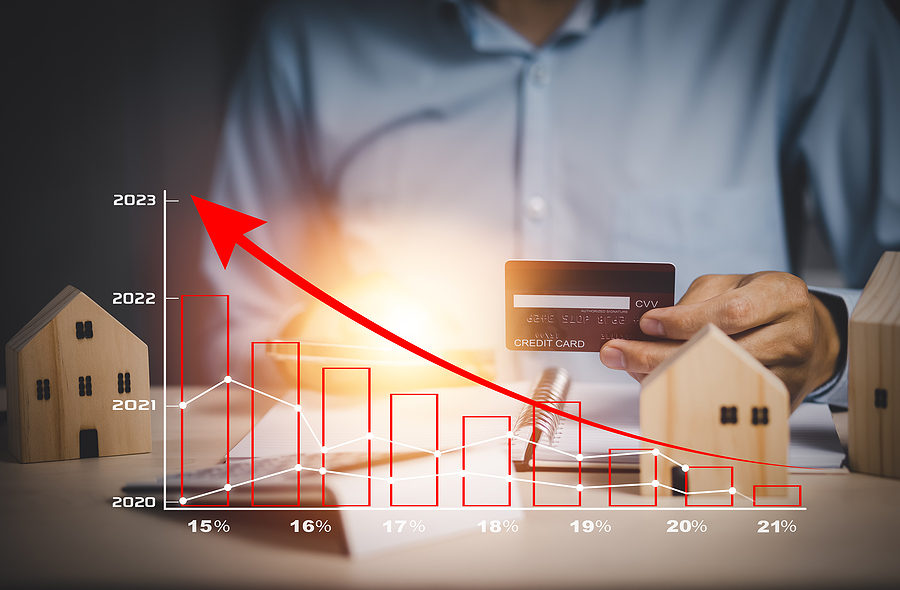High interest rates and high inflation are making it harder than ever to pay down credit card debt. American consumers started the year with over $1 trillion in outstanding credit card debt.
According to a recent study, the average U.S. household has over $8,900 in credit card debt, which is up 4.5 percent (4.5%) from last year. Consumers in certain cities seem to struggle more than others. This fact was recently documented in a study produced by personal finance website, WalletHub, listing which American cities had the least sustainable credit card debt.

